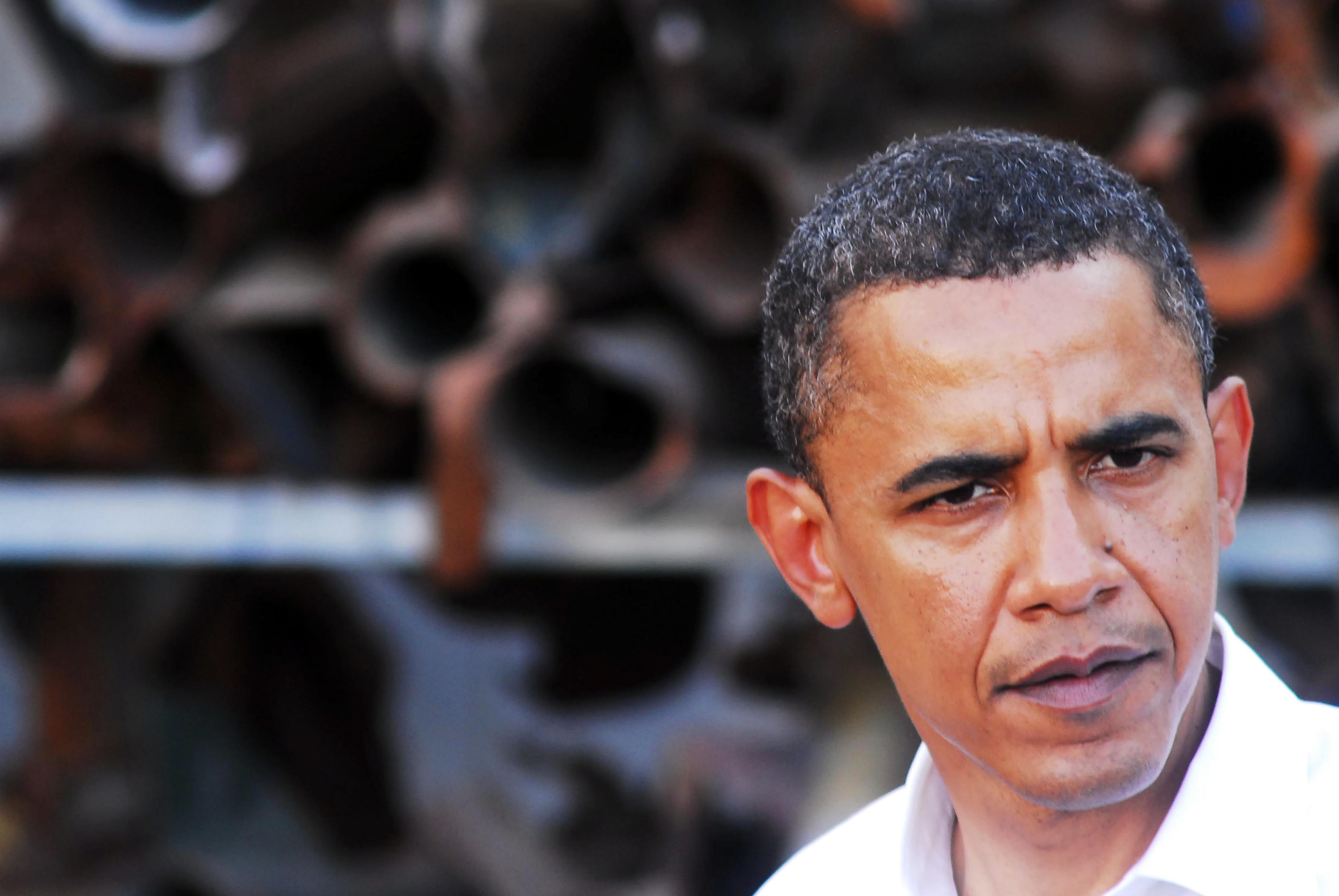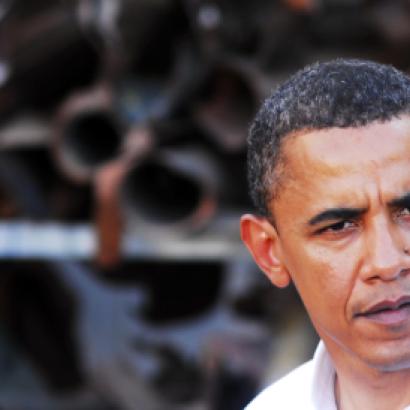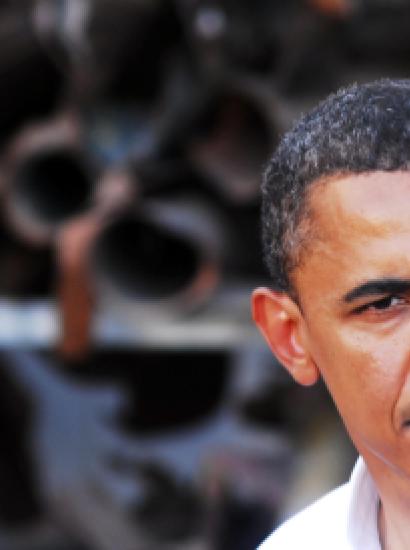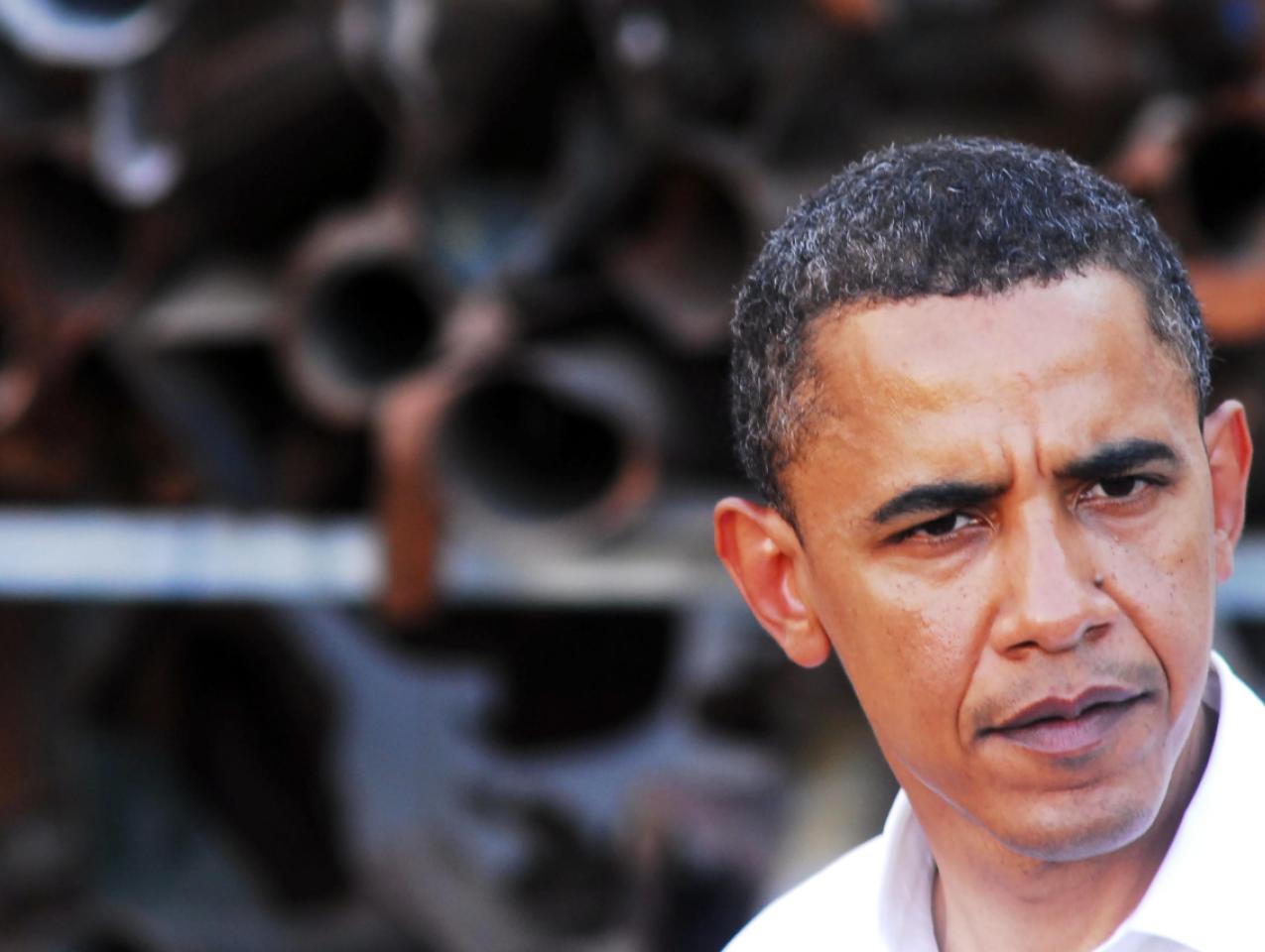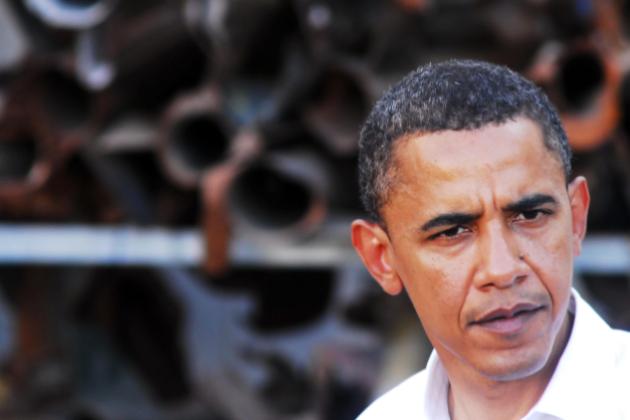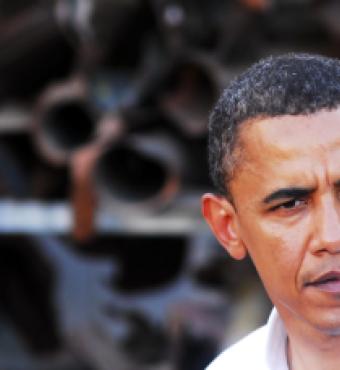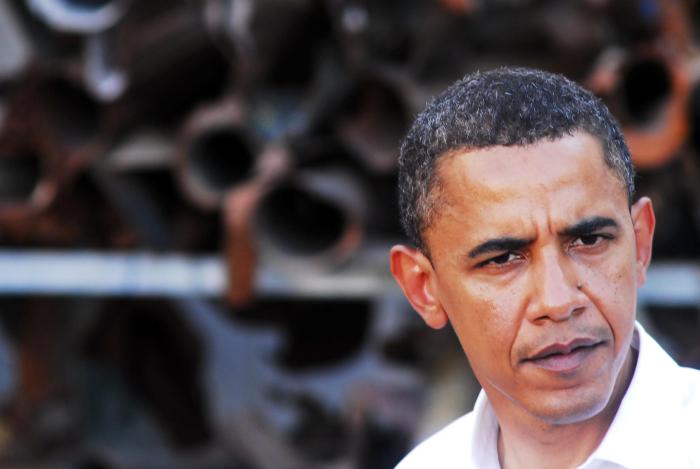Mr. President:
Looking ahead to your second term, evaluations of your prospects for success in domestic policymaking usually fall between fair (but maybe including the achievement of landmark tax reform or comprehensive immigration reform) and non-existent.
With a continuing Republican majority in the House and a GOP minority in the Senate large enough to be effective obstructionists in that chamber, efforts to enact your domestic agenda could be frustrated are nearly every turn. You might be tempted to see foreign policy as the surer course to a second term legacy. And that would not be an unreasonable conclusion. Among the classics of scholarship on the U.S. presidency, Aaron Wildavsky’s “Two Presidencies” thesis (1966), presented the idea that, while the two branches of government are relatively balanced in domestic policymaking, in foreign affairs, the president is dominant over Congress.
The Two Presidencies view is not without its critics and, over the years, has been called insufficiently nuanced, incomplete, and wrong. There is also the question of whether - nearly fifty-years later - the American president now operates within an international order and domestic political environment so different as to raise doubts about whether the president has as much room to maneuver on foreign policy as Wildavsky saw. But much the same, of course, can be said of domestic politics and policymaking. So while presidents might find themselves more constrained in both foreign and domestic policymaking, that the relative balance still favors foreign affairs seems more plausible than not. Add to that the reality of working with a polarized Congress with Republicans who have their hands firmly on the levers of power in the lawmaking process, and it seems difficult to argue that you will not serve Two Presidencies in your second term.
But there could be less latitude in foreign affairs than you already expect. In research on the relationship between electoral margins and U.S. foreign policy, Philip Potter, a political scientist at the University of Michigan, finds that presidents who win by larger margins of the popular vote are more likely to engage in the use of major force, while administrations elected by smaller margins rely on diplomacy and interventions in international crises that stop short of significant military engagement even when opportunities for using major force existed (“Electoral Margins and American Foreign Policy,” International Studies Quarterly, forthcoming).
Instead of having “more flexibility” after the election, domestic politics – in this case the sizing up of the political capital you earned on Election night – could make the full choice set for foreign policy more rigid, not less.
Recognizing all the usual caveats on statistical analysis of the relatively small number of observations across modern U.S. presidencies, this research still raises a pressing practical question: If these findings are correct, how obvious to our allies and adversaries is this constraint on military action?
As it is probably impossible to answer that question with sufficient precision, your administration must be prepared to buttress claims that all options are on the table when our negotiating partners might be inclined to believe that a major use of military force is less likely today than a year ago.
Whether restraint on the use of major force was effectively self-imposed by previous presidents, or whether it was in reaction to foreign leaders changing strategy and tactics, the heightened risk of being unable to make credible commitments seems worth careful assessment and, if necessary, response.
I leave it to experts on the region to judge whether progress on regional stability, the associated challenges posed by nuclear proliferation, democratization, the War on Terror, and respect for human rights in the Greater Middle East can be achieved when direct and overwhelming use of force by the U.S. military is considered (more) unlikely. But some questions follow apace from the concern raised here: What of the crisis in Syria? With a year of tragedy without U.S. military intervention and now a narrow reelection victory for the American president, why will the Assad tyranny believe that any future claim of U.S. intervention is more – not less - credible? And how does the U.S. maintain the sense among the Iranian regime that a U.S. military strike on their nuclear capabilities is a real possibility?
The caution, then, is this: Any progress that might be achieved through a more active foreign policy agenda could be largely undone by allowing our adversaries to perceive new constraints on the exercise of U.S. power. Even in a 50-50 nation, the last election outcome Americans want is our adversaries emboldened.
Tammy Frisby is a research fellow at the Hoover Institution.
This post is part of The Caravan, a periodic discussion on the contemporary dilemmas of the Greater Middle East. Other commentary in this symposium on Obama’s Second Term – Middle Eastern Memos is provided by Russell Berman, Itamar Rabinovich, Charles Hill, Robert Satloff, Asli Aydintasbas, Habib Malik, Reuel Gerecht, Leon Wieseltier, Abbas Milani, and Fouad Ajami.







